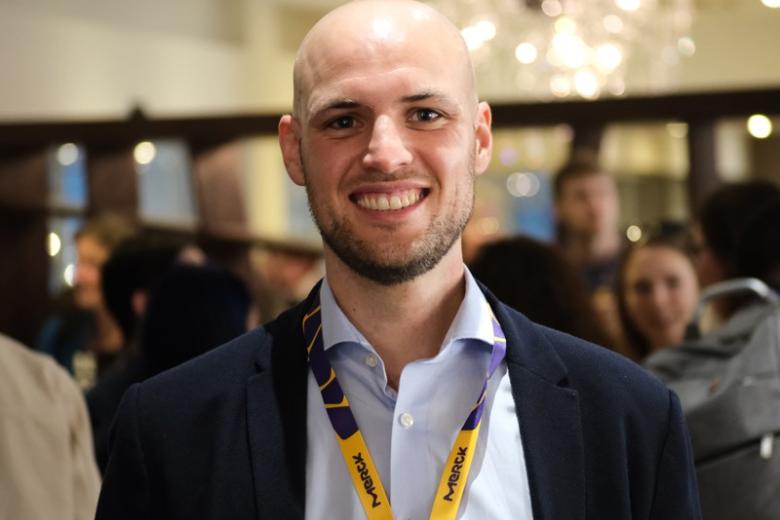Cause of unexplained heart disease further unravelled
MUMC+ press release
Cardiologists from Maastricht UMC+ have discovered an important cause of a formerly often inexplicable cardiomyopathy. The serious heart condition, called dilated cardiomyopathy, is one of the primary causes of heart transplantation in adults aged 30 to 50 years. By characterising patients on the basis of individual characteristics, doctors can offer them more targeted treatment and even prevent the cardiomyopathy. The research results have been published in the Journal of the American College of Cardiology.
Dilated cardiomyopathy is a heart disease that causes a sudden weakening of the heart muscle. In addition to reduced pumping power, it can also result in a ‘leaking’ heart valve, arrhythmias and even sudden cardiac death. Patients often experience unexplained symptoms from one day to the other, such as fatigue and fluid build-up in the legs, that can seriously worsen and eventually lead to heart failure in just a few weeks. There is often no specific treatment and a poor prognosis for the future. There now seem to be improvements on the horizon.
Cold virus
The researchers collected data from 213 Maastricht UMC+ patients with dilated cardiomyopathy. They collected and analysed years’ worth of heart biopsies, genetic material, electrocardiograms and data from other diagnostic tests. These show that a combination of factors is an important predictor of cardiomyopathy. Heredity predisposition plays an important role, but there is more to it: ‘People who have a genetic predisposition do not necessarily get the disease’, says Maastricht cardiologist-researcher Mark Hazebroek. ‘But something goes wrong if there’s an external trigger, and that can even be something as simple as a common cold virus.’
Trigger
The analyses show that various triggers can ensure that a person with the hereditary disposition develops dilated cardiomyopathy. In addition to a viral infection, it can be triggered by things like a toxic substance, an abnormal heart rhythm or alcohol. Hazebroek: ‘With our findings, we can now establish the cause in 75 percent of cases. That offers many opportunities, not only for treatment, but also for prevention.’
Treatment and prevention
The research into acute treatment is now focused on combatting the trigger in time, so that the patient’s cardiomyopathy cannot develop further. ‘Maastricht UMC+ is currently the only medical centre that can administer these treatments’, says Hazebroek. ‘As for the hereditary component, it’s possible that a patient’s family members could be screened to investigate whether they are also at risk for cardiomyopathy. If that genetic defect is found to be present, then, for example, a preventive internal defibrillator could be implanted.’
Also read
-
GROW research: all-in-one test for genetic defects in embryos🧪
Researchers at Maastricht UMC+ and GROW have developed a technique that can analyse the entire genome in a single test, allowing for faster determination of embryos suitable for successful pregnancy.

-
A breakthrough in cultured meat research-animal component free production
A breakthrough in cultured meat research-animal component free production

-
Cross-border inter-organisational cooperation in crime control
The Netherlands Organisation for Scientific Research (NWO) has awarded a grant under the SGW open competition to a research proposal written by Prof Dr Math Noortmann (Institute for Transnational and Euregional cross border cooperation and Mobility / ITEM) and Prof Dr J.B.M. Koning (UM School of...
